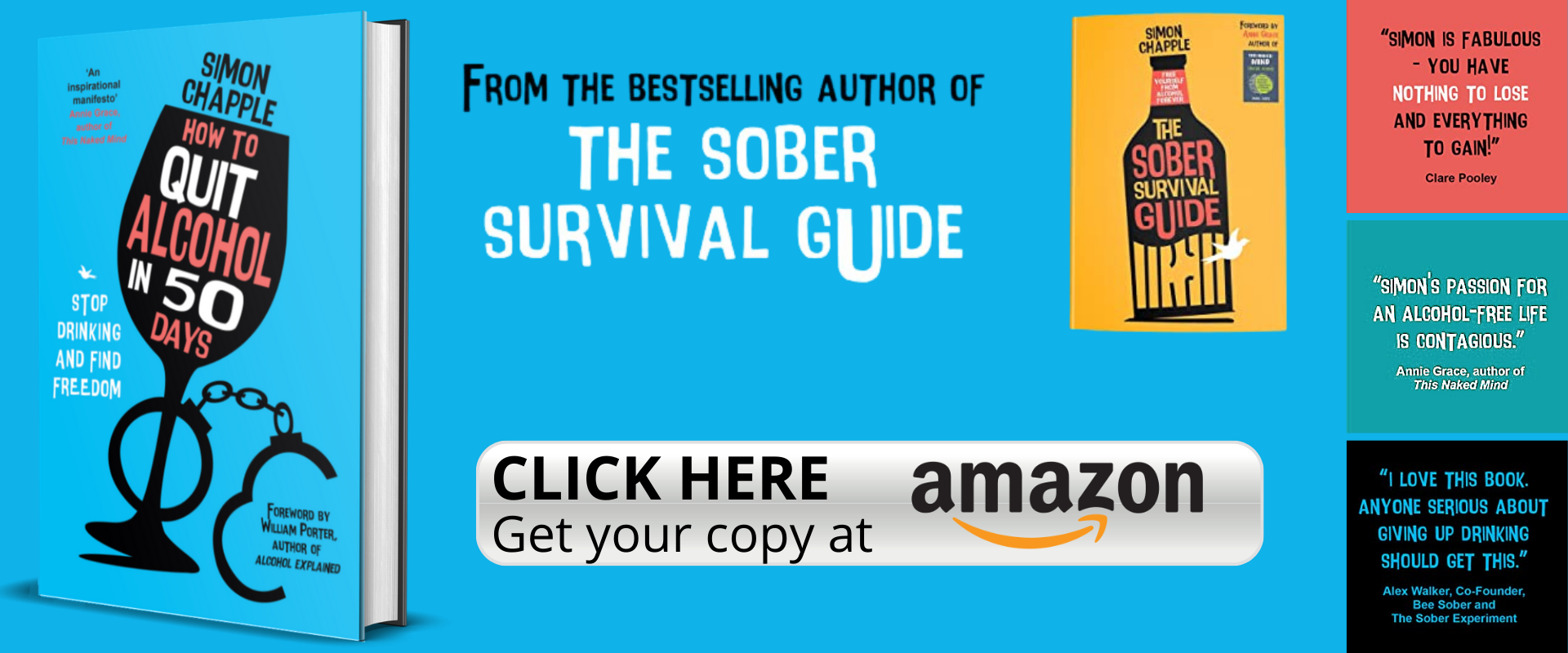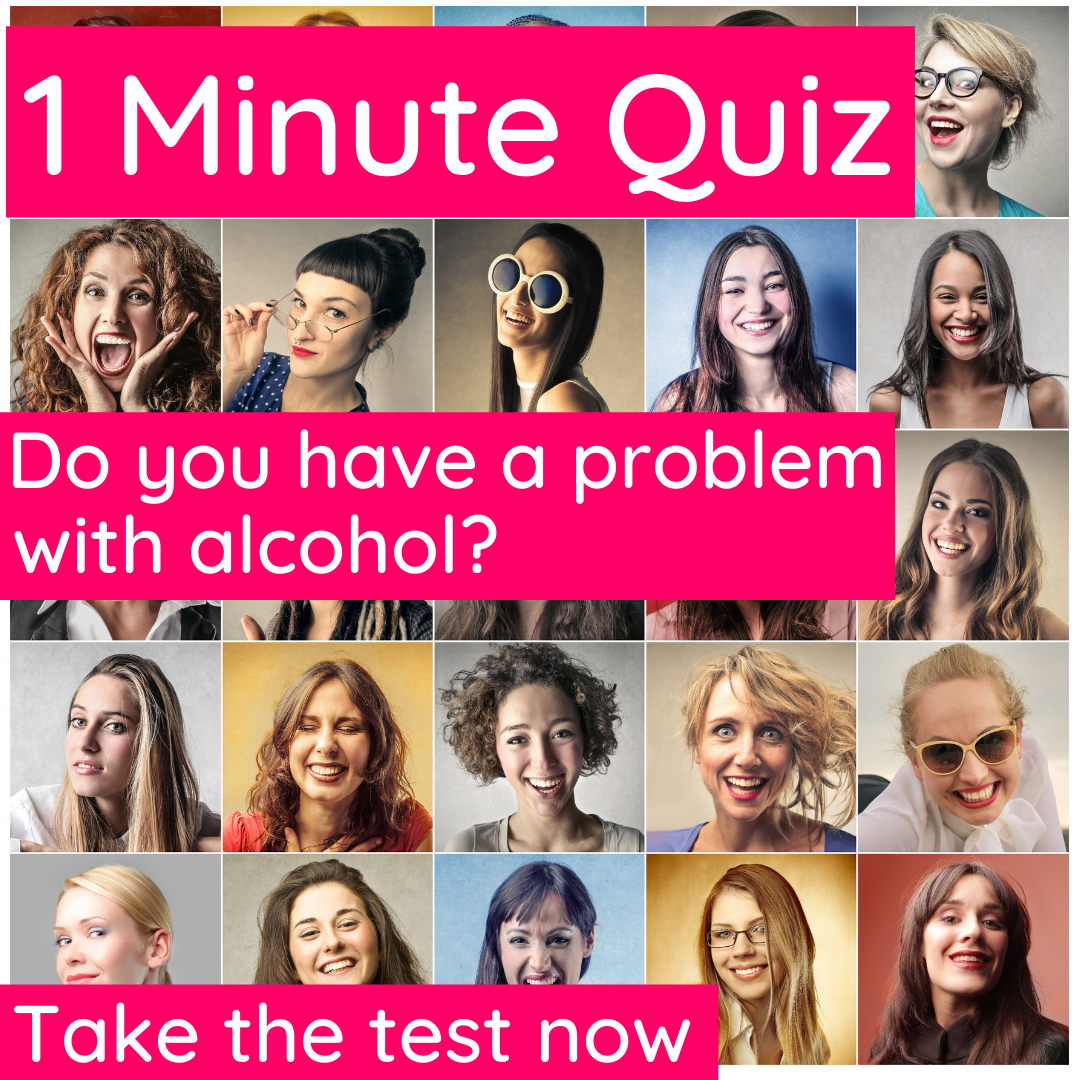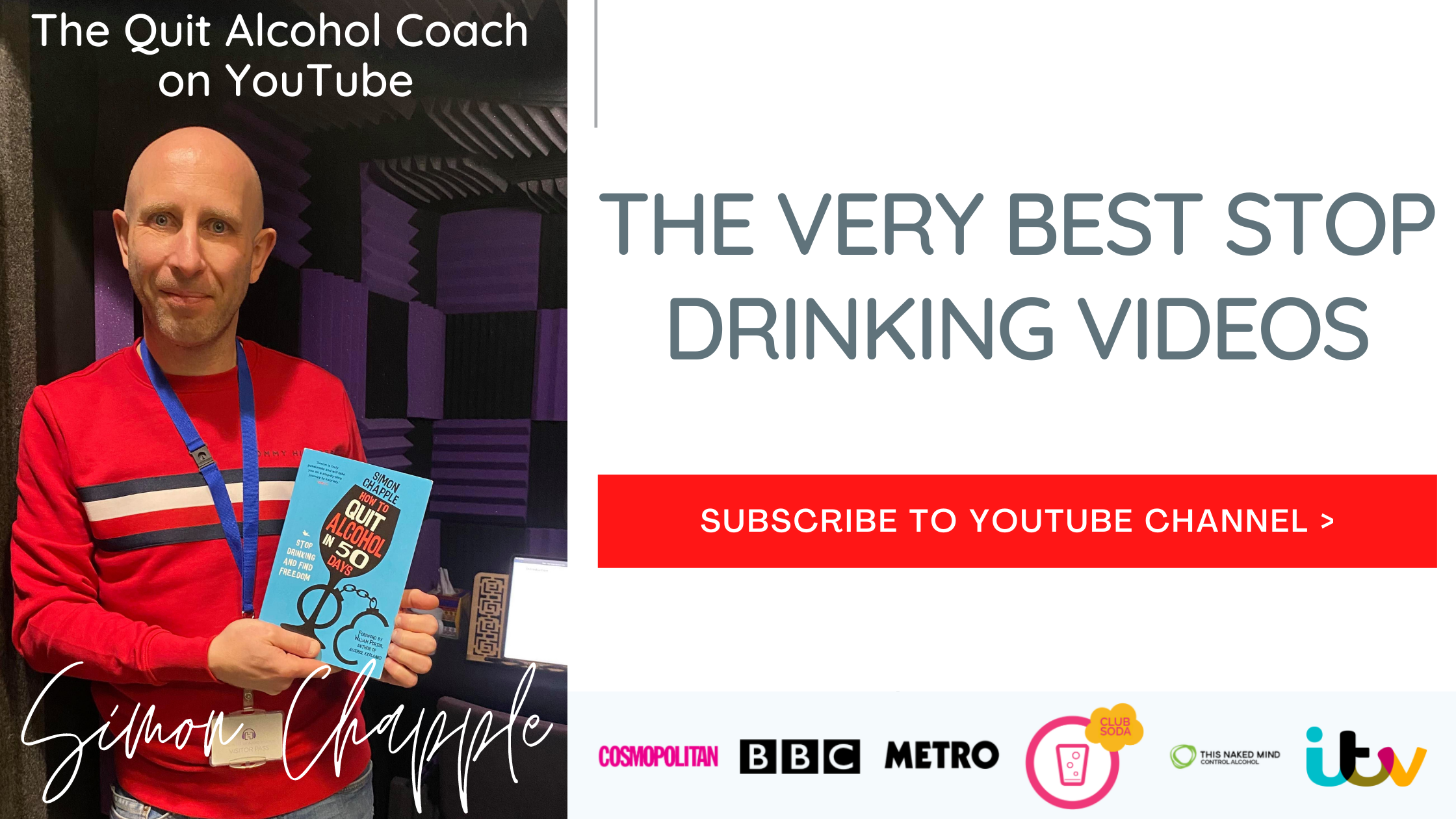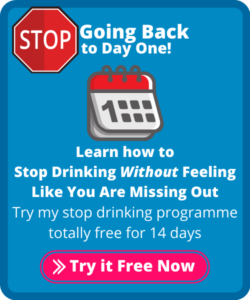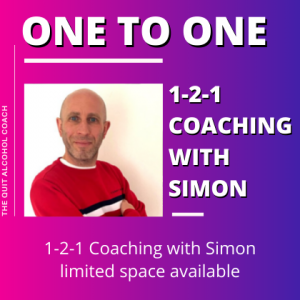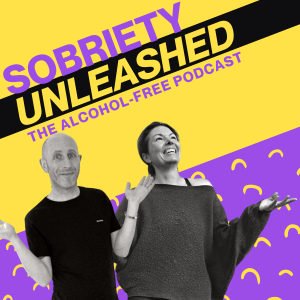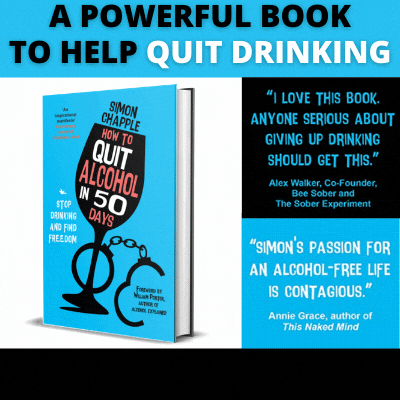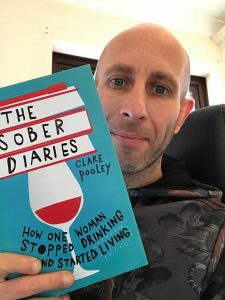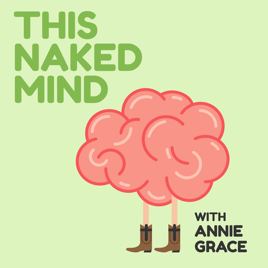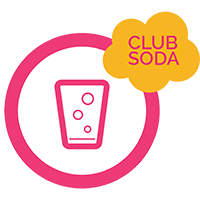Sobriety Sleep Problems – Trouble sleeping when you stop drinking alcohol
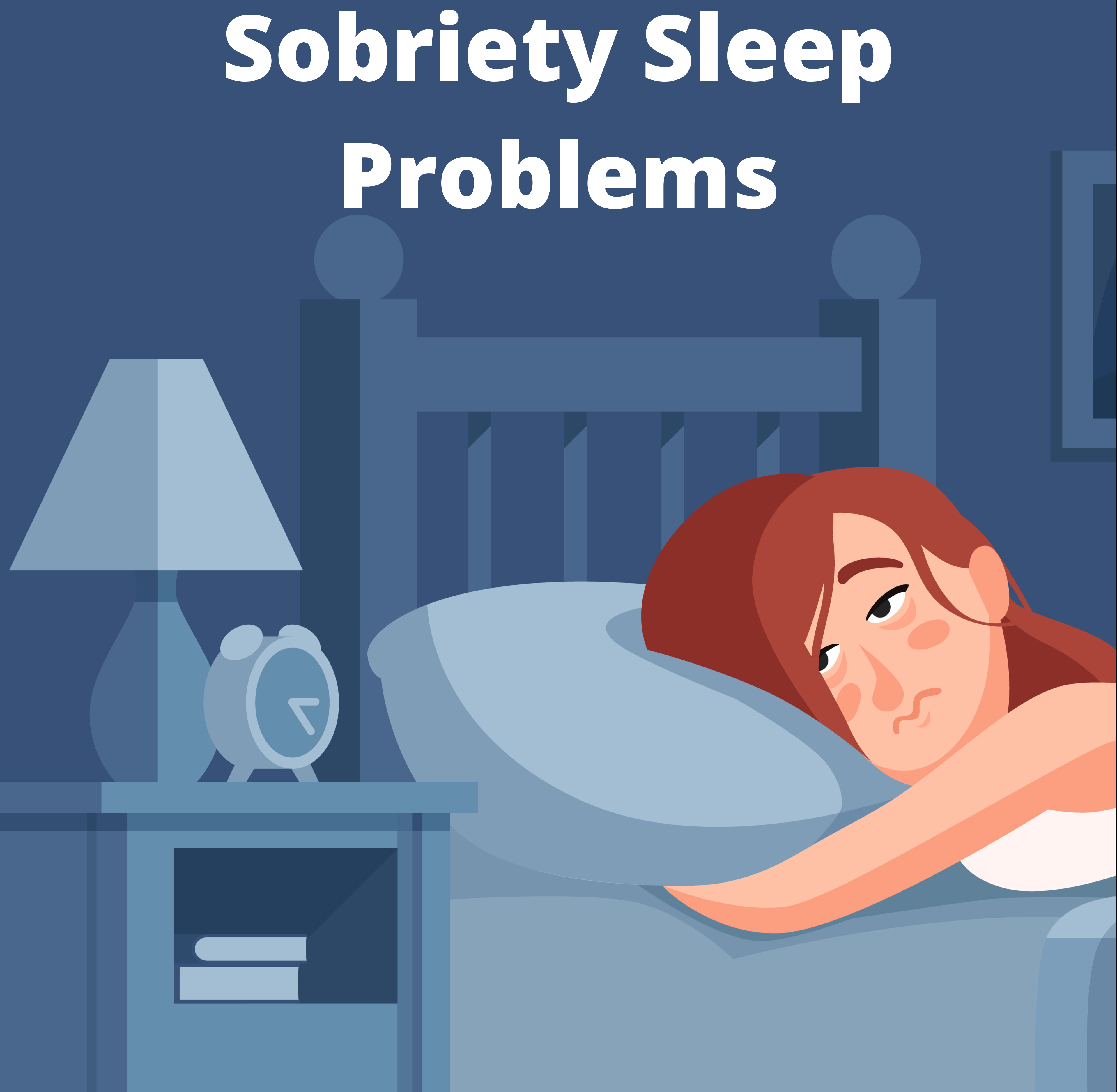
LEAVE A COMMENT AT THE BOTTOM OF THE PAGE – I WOULD LOVE TO HEAR YOUR THOUGHTS
One of my members, a fabulous lady called Janet, contacted me with a blog post she had written around the problems with sleep that many people experience when they start or have been on their sobriety journey for some time. I also wanted to create awareness on this issue with the help of Janet and what she has written, as I really do feel that it is a fantastic piece.
Janet opens her post by mentioning that “Many people have difficulty sleeping when they quit drinking alcohol. While most people start to get a good night’s sleep after just a week or two some can take a bit longer. If this persists for months however, you might need a stronger remedy to get your sleep cycles back in sync”. From speaking to my members and from the support group I have available on Facebook, this does certainly seem to be an issue that impacts many. A lack of sleep or a disturbed sleep can have a serious negative mental health impact and can hinder the sobriety process.
Here are some of serious side effects that insomnia can cause to those in recovery:
- Low mood
- Hallucinations
- Anxiety
- Higher risk of depression
- Stopping sobriety altogether
We all have experienced bad days where we have not slept properly the night before. However, when this becomes a continual issue, this is when serious problems can arise. This is one of the key reasons I wanted to partner with Janet on this subject to help show people that there are different methods of treatment you can try to curb insomnia.
Rubber Band Technique for sleep
Humans need and have to sleep to function both physically and mentally. However, there is nothing more frustrating than when sleep will just not come, we can lay awake in bed tossing and turning while we convince ourselves we have no chance of getting any rest. In Janet’s post, she explores a technique called the Rubber Band Technique for sleep which is used in the St. Mary’s Sleep Clinic in Montreal, Canada. The idea behind this technique is that sleep is like a rubber band. If you stretch it too far, then it will want to return to its resting state. So, if you force yourself to stay awake, your body will want to sleep, the more you stretch being awake, the more intensity your body will force you to sleep. To truly reset your body clock, you need stretch the wake sleep cycle as much as possible. This isn’t a quick fix and can take or month or two to make a proper impact on your ability to sleep, but it does prove to be extremely effective.
The Rubber Band Technique Process
So, you have read the Rubber Band Technique and at this point, you are just about willing to try anything for sleep to come? If this resonates with you, then read on as Janet in her post and given instruction on how to implement this technique to help ensure success which I will bullet point below:
- Give yourself a strict time window to be in bed. Say for example, your timeframe is 6 hours. You have to be in bed by 11pm and up at 5am. You have to be strict with this, even on cold winter mornings! It doesn’t have to be this time. It could be 12am to 6am, for example.
- No mid-afternoon naps! No matter how you feel, you have to force yourself to stay awake during the day. Only once it is time for bed is when you allow yourself to sleep.
- Set an alarm. Once that alarm goes off, you get up.
- Keep track of your sleep progress every night. Log how many times you get up throughout the night and for how long you remained awake in these periods.
- Once you get to a stage of where you are asleep for 85% of the 6 hours, you can add 30 minutes bed time to your routine. The aim here is to get to at least 7 hours of sleep time.
Recommended Article – Should I Take Supplements When I Stop Drinking
Tips for Rubber Band Sleep Technique Success
In Janet’s blog, she has detailed some excellent tips for helping to implement the Rubber Band Sleep Technique which includes the following:
Tip 1
No TV or screen time 1-hour before bed. Reading books is absolutely fine, however, be mindful of the content. You probably don’t want to be reading a thriller just before you turn off the lights for sleep. Also, avoid caffeine after 4pm to not impact the sleep wake cycle.
Tip 2
If you are struggling to stay awake until your bedtime then splash your face with cold water or try going for a long walk. Whatever happens, do not get into bed until the time you have selected for your sleep.
Tip 3
Stick with it and don’t give up. Breaking sleeping problems is not an overnight fix. It takes time and patience to get your body into a normal sleep wake cycle. You will be tired, grumpy and feel like giving in and having a nap, but try your hardest to stick to your sleep time and wake time.
I wish I had read through Janet’s blog post when I first started sobriety as I did have problems with sleeping. I had never heard of the rubber band sleep technique before, however, I hope this post helps anyone who is having to deal with insomnia.
I would love to hear your feedback in the comments if you are going to try this method. Whether you have found the Rubber Band technique has helped you or whether you could not get it to work for yourself.
Very much like sobriety, getting your sleeping back in control will take time, patience, self-control and determination. However, trust me when I say that sleep will return to you if you are struggling at the moment and I hope this helps.
Below is a sleeping chart provided by Janet that you can use to help track your sleeping patterns:

It is important to bear in mind that when we drink alcohol it has a serious impact on the quality of sleep. We become unable to enter all of the sleep cycles required to feel fully refreshed and restored when we wake up. It might feel like we get off to sleep quickly, but one of the big reasons we feel sluggish and unmotivated in the morning is because we have not experienced the cycles of sleep (REM sleep in particular) that our mind and body need to reboot for the following day.
Many people also experience vivid dreams (or nightmares) about drinking after the quit alcohol. These ‘drinking dreams’ are perfectly normal, but they can be quite unnerving in early sobriety. Don’t worry if you have a dream about drinking, simply log it in your journal, get curious about it and know that because you have made such a big life change and have likely been reading and learning about living alcohol-free and taking in a lot of information it is fresh in your mind and likely to be in your subconscious while you sleep – do not worry about dreams where you are drinking alcohol, be thankful when you wake up that you are still sober.
'Your windshield is bigger than your rearview for ...
Having an amazing time in #Japan and managed to he ...
Wow! Rock Bottom & Rising has won the GOLD med ...
Woohoo! Just seen one of my books on the shelf @th ...
Just finished recording a piece with @itvnews abou ...
These two inspiring books from leading sobriety co ...
Another excellent strategy to use if you are struggling to sleep, especially after you have stopped drinking is the ‘sleep deprivation’ technique.
You can try this for yourself by following these simple steps.
Step 1
Write down what time you have been going to bed. Let’s say it has been 10pm each evening for example.
Step 2
Add 3 hours onto your bedtime, write this down. This is the time you will go to bed tonight, it might be an idea to find a good movie to watch or a book to read.
Step 3
Note down what time you wake up in the morning. Let’s say it has been 8am up until now.
Step 4
Deduct two hours from the time you get up and set your alarm, in this example it would be 6am.
Step 5
Stick to this process for a couple of days and you will feel tired and before long will begin to get off to sleep without any issues. As you begin sleeping right through until your alarm wakes you up, you can adjust your bedtime and the time you wake up by an hour. Keep adjust the times when you manage to sleep through to the alarm.
More Tips for Great Sleep when you Stop Drinking Alcohol
Carry out a bedroom audit – Many people fail to pay attention to the quality of their sleep environment. Spend some time assessing everything in your bedroom. Pay attention to the quality of your bedding, the room temperature and the comfort of your mattress and pillows, does anything need changing?
Notice how much light and sound seep into the room while you are trying to sleep? Do you need blackout curtains or maybe you should be taking steps to eliminate any noise that might impact your quality of sleep?
Avoid too much caffeine – Personally, I don’t drink caffeine after midday, because I am well aware that it has a negative effect on my ability to sleep. Caffeine is proven to be detrimental to sleep quality, if we have drunk it within six hours of bedtime then it is very likely to cause problems. Try switching your coffee to a ‘decaf’ brand instead and avoid the urge for afternoon cups of coffee.
Don’t have daytime naps – You may have heard about the benefits of ‘power naps’ and how they can make people feel refreshed and recharged. While they can be useful, if you are struggling to get to sleep you need to avoid them, the more tired you feel, the more likely you will be to get off to sleep quickly. If you find yourself drifting into a nap while you are sat in your favourite comfy armchair in the afternoon make a conscious effort to get up and do something else to keep busy.
Exercise makes a huge difference – It stands to reason that the more tired you are, the more likely you will be to get off to sleep and wake up feeling energised. Taking daily exercise is a sure fire way to tire yourself out. You might want to go for a run, swim or cycle for example, if you aren’t feeling quite so energetic then consider a long brisk walk.
Avoid exercising 2-3 hours before you go to bed.
Take a supplement – Melatonin is a hormone that lets your brain know when it is time to wind down and get some sleep. Many people use melatonin to assist with sleeping and studies have shown that 2mg of melatonin taken prior to bedtime enables people to get to sleep quicker, boosts sleep quality and helps them to wake up the next day feeling refreshed.
Some of the other supplements you might want to consider are – Lavender, Valerian root, Magnesium, L-theanine, Glycine and Ginko biloba.
Don’t drink alcohol – It goes without saying that alcohol has a huge negative impact on your sleep. When we quit drinking and experience challenging episodes such as being unable to sleep you can almost guarantee that a voice in your head will be telling you that a drink will solve the problem and make everything OK. You need to know that this is a complete illusion and all it will do is keep you well and truly stuck in the cycle of addictive behaviour. By going through the short term discomfort that can arise after stopping drinking you get yourself out of the habitual cycle of behaviour, this is a small trade off for a lifetime of freedom, peace and great sleep.
GET THE FIRST 10 CHAPTERS FREE NOW!
Enter your email for the first 10 chapters of The Sober Survival Guide – sent straight to your inbox instantly
Thank you!
CHECK YOUR INBOX FOR THE FIRST 10 CHAPTERS OF THE SOBER SURVIVAL GUIDE
Try and find a new go-to alcohol-free drink that you enjoy instead. Avoid drinking too much liquid 1-2 hours before you go to bed or you will find yourself needing the toilet during the night.
Relax and unwind – Use a meditation app such as Calm or Headspace to clear your mind and relax prior to bedtime. These are proven to help improve the quality of sleep. You could also consider listening to calming music, reading a book, doing breathing exercises or taking a warm relaxing bath.
Other aspects to consider for great sleep
- Pay attention to your diet and nutrition.
- Avoid eating late at night, this can have a negative impact on sleep.
- If nothing improves, speak to a medical professional to discover whether you have a sleep disorder.
- Keep a journal and note down the quality of your sleep, you could also use a sleep tracking app, this will help you track progress and learn what is working.
- When you have got into a decent sleeping pattern try and stick to it, avoid changing your bedtime and the time you wake up too much, keep to a routine.
- If you smoke, avoid nicotine 2-3 hours before bedtime.
- Stick with it, you will likely need to test different things in order to find a routine that works for you. Avoid getting frustrated by focusing on the fact that you are taking positive steps to address the issue.
- Write your routine down and make it your own personal pre-bedtime ritual, you know it works, don’t change it.
If you need a good book to read before you go to sleep, check out my new book – How to Quit Alcohol in 50 Days – you can grab a copy here.
Watch the best videos from my YouTube Stop Drinking Channel
———————————————————————————————————–
MORE HELPFUL RESOURCES FOR STOPPING DRINKING ALCOHOL
———————————————————————————————————–


Don’t miss another video – click below to Subscribe and also click on the Bell Icon to be notified about new videos.
Subscribe to my channel here: https://www.youtube.com/channel/UCkDiUhERjbdHN0kNXbD8UBQ/?sub_confirmation=1

https://www.joinbesober.com

https://www.instagram.com/besoberandquit

If you need some inspiration, check this out…

1 – How I quit alcohol after 40 years – https://www.youtube.com/watch?v=H0ydqjrN0AI
2 – Awesome tactic to stop alcohol cravings fast – https://www.youtube.com/watch?v=GedYoBZ_W2M&t
3 – 7 tips for the first week of sobriety – https://www.youtube.com/watch?v=Pq4x0vBEwMw&t
4 – Does alcohol cause depression and anxiety – https://www.youtube.com/watch?v=tkrQpZPHBls&t
5 – Weight loss and stopping drinking alcohol – https://www.youtube.com/watch?v=xyw9jM0kj5U&t


alcohol addiction alcohol and sleep can't sleep sober help sleeping sober how to sleep sober Insomnia not sleeping no alcohol not sleeping sober Rubber Band Technique sleep problems sober sleep rubber band technique Sleeping Problems sleeping problems sober Sober Sleeping sobriety sobriety and sleep Sobriety Sleep Problems Sobriety Sleep Problems - Trouble sleeping when you stop drinking alcohol







